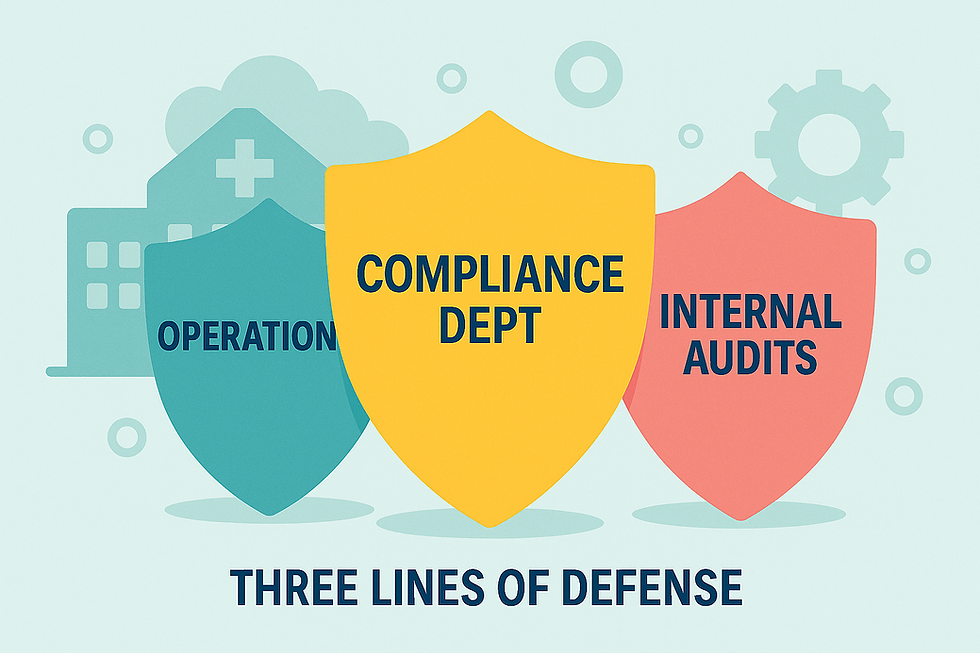The Evolving Landscape of Informed Consent in Healthcare
- Jessica Zeff

- Apr 9, 2024
- 2 min read
As of April 1st, CMS revised its informed consent requirements for sensitive procedures and OCR has released updated FAQs. In light of these updates and patient advocacy, it's worth looking into the pros and cons of these changes, particularly as they affect patient autonomy and educational purposes in medical settings.
Pro: Enhancing Patient Autonomy and Trust
Patient Empowerment through Consent
Recent updates to the informed consent process, particularly from the Centers for Medicare & Medicaid Services (CMS), have underscored the importance of patient autonomy. Patients now have the explicit right to grant or withhold consent for medical students to perform sensitive examinations during surgery. This change empowers patients, ensuring they understand and agree to what happens during medical procedures, thus bolstering trust in healthcare providers.
Transparency and Patient Advocacy
The move towards more detailed informed consent processes responds to growing patient advocacy and the need for transparency. Discussions on platforms like TikTok have illuminated the discomfort and violation patients feel when learning about unconsented examinations post-surgery. The updated guidelines now mandate that informed consent must clearly articulate the specific procedures and who will perform them, aligning with broader legal and ethical standards.
Con: Operational Challenges and Compliance Burdens
Administrative and Training Burdens
While enhancing patient rights is crucial, these changes introduce significant operational challenges for healthcare providers. Ensuring comprehensive understanding and documentation of informed consent can be labor-intensive, requiring additional training for medical staff. Hospitals and educational institutions must now navigate these complexities, potentially straining resources and affecting the training dynamics for medical students.
Potential for Reduced Educational Opportunities
There is a concern that stringent consent requirements might limit educational opportunities for medical trainees. With restricted access to observe and perform certain procedures, the quality of medical education could be impacted. Balancing patient rights with educational needs presents a nuanced challenge, as both are vital for the healthcare system's efficacy and integrity.
Navigating the Future
The evolution of informed consent practices marks a significant shift towards prioritizing patient rights and transparency in the healthcare sector. As we move forward, it is crucial to monitor the impact of these changes on both patient care and medical education, ensuring that both spheres can effectively coexist and flourish. Ongoing dialogue, research, and adaptation will be essential in shaping a healthcare environment that respects patient autonomy while fostering educational growth and clinical excellence.
The hospital interpretive guidance about informed consent is in the State Operations Manual, Appendix A-Hospitals.
Do you have questions about this blog? Please contact jessicazeff@simplycomplianceconsulting.com.





Comments